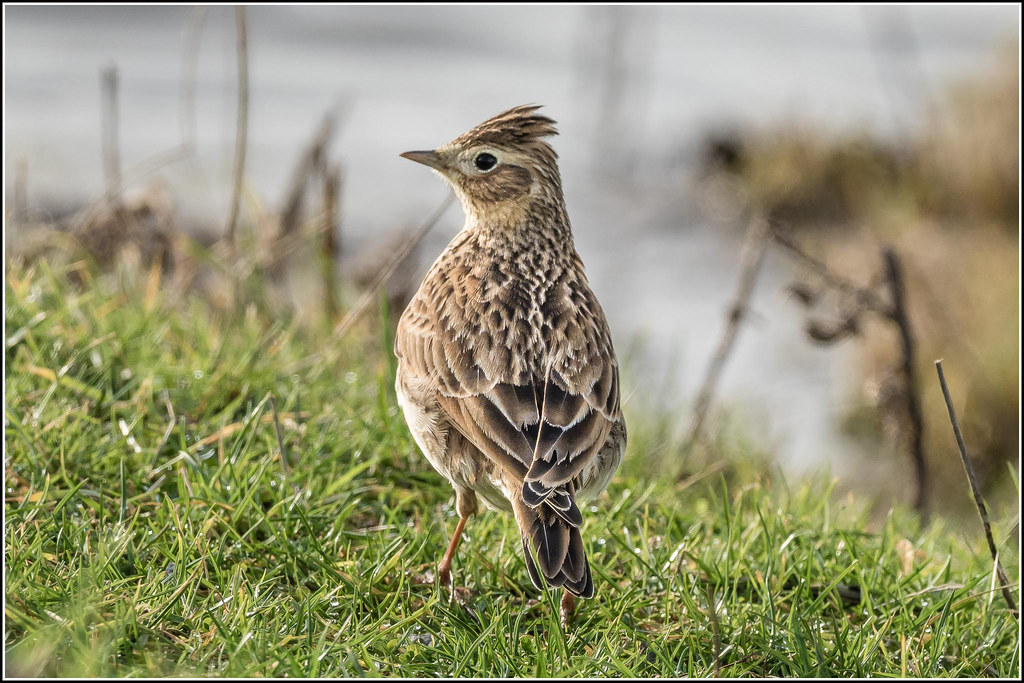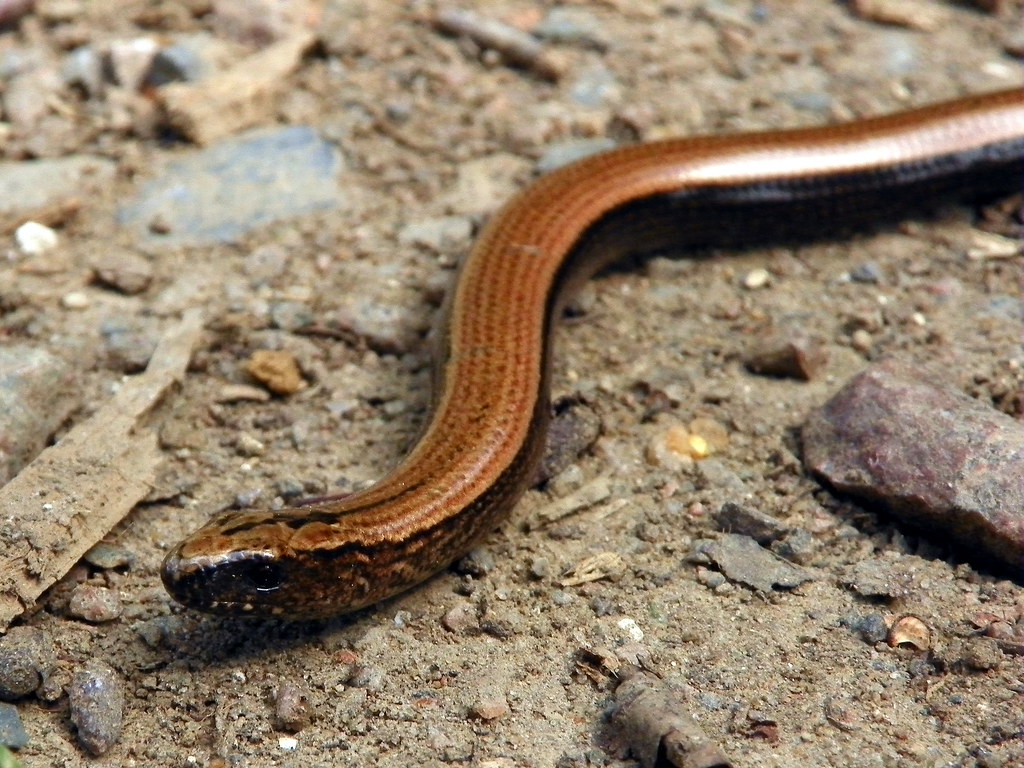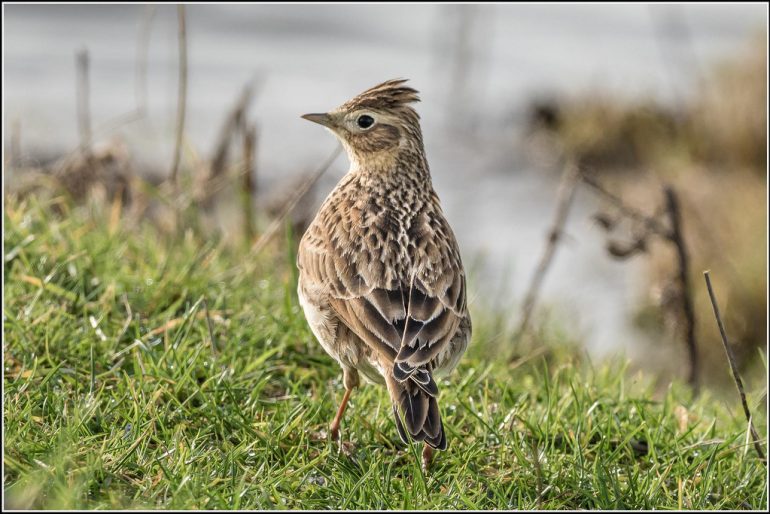Natural Resources Wales advised council about removing habitat of nesting birds and slow worms
NESTING birds and slow worms in Grangemoor park are at risk because of work being carried out to prevent leaks from the old landfill site.
A Freedom of Information request by The Cardiffian revealed that the groundwork needed to stop the toxic leakage from the old landfill beneath the park could jeopardise the safety of nesting birds and slow worms.
Under the Wildlife and Countryside Act 1981, all reptiles and nesting birds are protected from being killed or injured.
The park is built on top of the Ferry Road landfill which closed in 1994 after taking in over four million tonnes of rubbish. After its closure, the site was transformed into what is now a habitat for wildlife.
“Grangemoor Park is a designated Site of Importance for Nature Conservation so it’s really important that the work being carried out by the council doesn’t damage the park’s landscape and wildlife,” said Fiona McAllister, organiser of the Keep Grangetown Tidy group.
“It’s home to birds like skylarks which nest in the long grass in spring,” she added.

Scrubland must be cleared to complete work on the leachate pumps which transport the toxic liquid produced by rotting rubbish to an off-site treatment centre.
The bird nesting season typically runs from mid-February to August, depending on seasonal variations in local weather patterns.
NRW concluded that it was unlikely that birds would have started nesting in the park by early February, which is when the work is scheduled to take place.
“In order to minimise the risk of nesting commencing in areas to be affected, it would be recommended to clear all scrub vegetation down to just above ground level during the early part of February.
“Then, as a final precaution, when work starts in any new area or pump location, a final check of the area for active nests should be taken,” said NRW.
Grangemoor Park is also home to a large population of slow worms which were moved to the park a few years ago. A survey by Bioscan in September 2021 confirmed they are still there.

To reduce potential harm, NRW advised that vegetation should be cut down because reptiles dislike exposed land and will move elsewhere.
This should not happen until the end of the hibernation season in April. NRW recommends that those areas of grassland are identified, and ground work organised around slow worm hibernation.
A council spokesperson said: “All works on site will be compliant with all relevant legislation.”



